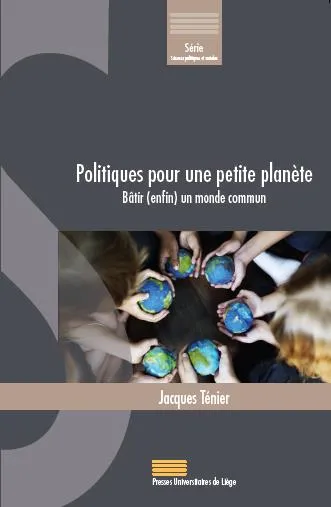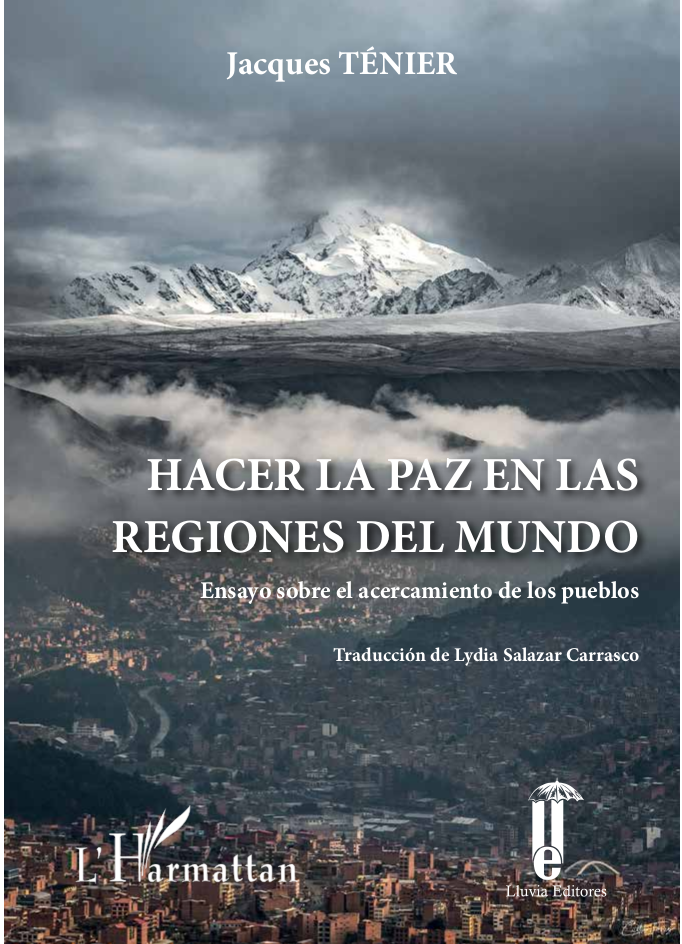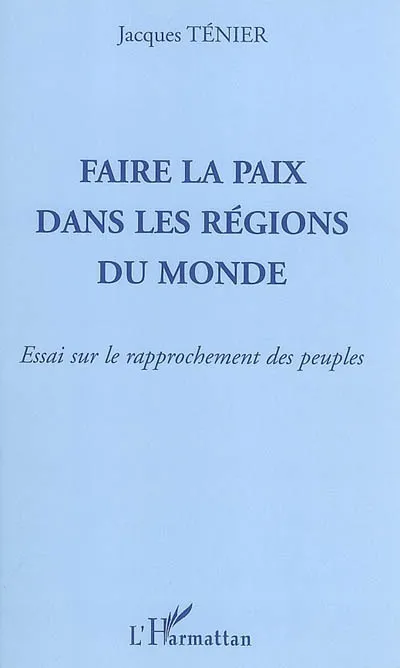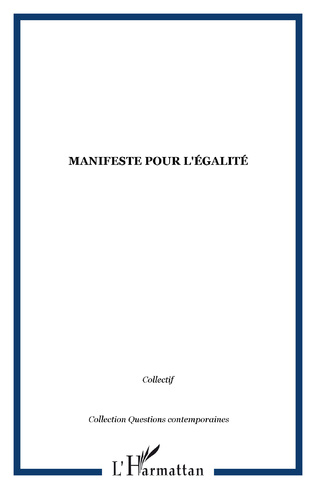

Policies For A Small Planet, Building (Finally) A Common World
Publié en 2021
The book shows disasters underway in a world that struggles to organise itself in the face of predators unleashed. It seeks to prevail over them by affirming cooperation between governments and between citizens, in all latitudes, first of all on borders.
Extract from the backcover: " Let us build a world aware of the solidarity of its members and the community of their future, promote cooperation between people, make large groups contribute to the financing of collective needs, reassess local and regional markets, revalue the common use of things in relation to their property, guarantee to citizens, journalists, trade unions, associations, the means of continuous expression. Let us open cultures and languages to the neighbour’s own. We will thwart the announced disasters, we will build on a clearly unique and fragile earth, a common world, ours and that of others."

Making Peace In The Regions Of The World, Essay On The Rapprochement Of Peoples
Publié en 2021

Making Peace In The Regions Of The World, Essay On The Rapprochement Of Peoples
Publié en 2008
Based on a historical analysis of the clashes between European nations, the book unfolds the thoughts of their rapprochement. It goes round the world of neighbourhood relations between peoples. Starting from European experience, it sets out the conditions for transitioning from a provisional settlement of conflicts by force to their lasting settlement through intercomprehension and the construction of a common future.
Extract from the backcover: Whereas capitalism without borders contributes to the development of certain regions, it breaks up solidarity. The poorest are abandoned along the way. Semblances of solution are sought in a revival of nationalism. Solidarity on the contrary must be reinvented in the opening of nations to their neighbours and in the organisation of relations between the regions of the world. Based on trust and solidarity from the strong to the weak, regional integrations when not limited to trade offer means of action for the benefit of all. The mutual recognition of these experiences is a vital lead in the labyrinth of globalisation.

Regional Integration And Globalisation, — Complementarity Or Contradiction ?
Publié en 2003
The book introduces the ambivalent - both complementary and potentially contradictory - relations between regionalisation and globalisation. On the basis of an introductory presentation of European integration, it analyses the ongoing regional integration processes on each continent and studies about twenty organisations from the point of view of treaties, institutions, policies and results achieved.
Extract from the backcover: "Globalisation often obscures the reality of regional integration processes, though they are many on the five continents... This study describes nearly thirty of them (non-EU): institutions, decision-making mechanisms, process of reconciliation of states and non-state actors... The 1990s were increasingly dominated by an American-inspired free trade orientation, accompanying a liberal-style globalisation with no ambition to political structuring. On the other hand, some of the integration processes may be a means of renewing public action... Such regionalisation processes would contribute to the rebalancing of power relationships on the planet and to reduce certain regional tensions..."

A Manifesto for Equality (coll.)
Publié en 2002
The book recounts the increase of economic and social, but also political and cultural, inequalities in a globalized world. It calls for democratic revivals built on by reaffirming the equality of citizens’ voices.
Extract from the backcover: "While the recent denunciation of rising inequality reveals awareness among some of the gravity of the situation, it does not in itself hold the promise of political action. The approach we propose is the opposite: it starts from the political condition of equality that makes no one worth more than anyone else. It strives to re-engineer politics from the principle of equality, to make all voices heard, to empower everyone and not ask for confidence to be devolved, to refuse the undisputed preservation of small and great powers."


